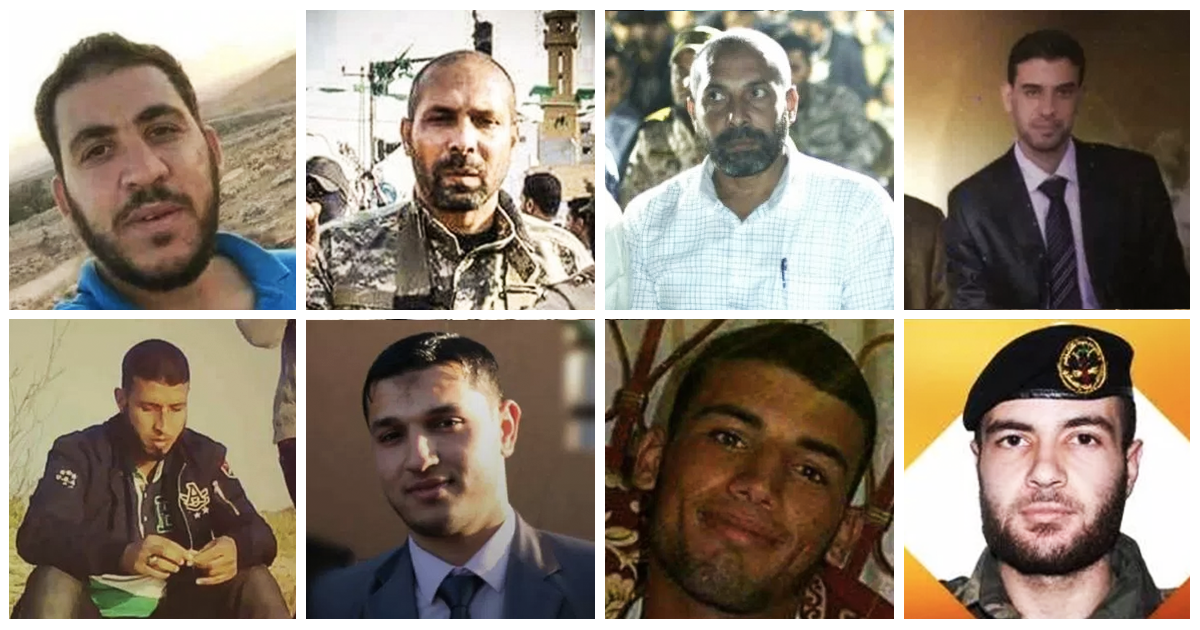


"As soon as results appear, they will be made public," the source said. A source at the president's office said Morsi had not seen the findings, which were being investigated by the prosecutor general.

The military declined to comment on the report, saying it could take up to three weeks to respond. Her complaints to the defence and interior ministries, as well as civilian and military prosecutors, have failed to turn up any trace of her husband. When Atta obtained permission from the prosecutors to visit her husband in Hykestep, a large military base with a prison on Cairo's eastern outskirts, he could not be found. One soldier handed Atta her husband's passport and said he had been charged with "rioting" against the army and referred to military prosecutors. There, Atta saw soldiers frisking and beating detainees as they arrived from the checkpoint. Officers at the checkpoint sent Atta to a police station in Giza, the capital's western district, that had been commandeered by the military. When Atta arrived at the checkpoint that afternoon, after receiving a call from a neighbour who saw Issa being arrested, she said she saw a staggering number of detained civilians lying on the ground with their hands and feet bound. Issa was probably arrested some time between 7.30am and 8am, Atta said, during a curfew set by the military. He was on his way to work on 30 January 2011, after leaving their home in Ashment, a village in the governorate of Beni Suef. One woman who gave testimony to the committee, Radia Atta, told the Guardian that her husband, Ayman Issa, disappeared after being held at a military roadblock near the pyramids of Dahshour. "The committee recommends investigating the leaders of the armed forces about the issuance of orders and instructions to subordinates who committed acts of torture and enforced disappearance," it states. "The committee found that a number of citizens died during their detention by the armed forces and that they were buried in indigent graves, as they were considered unidentified," the report says, adding that authorities did not investigate, despite evidence of injuries and severe torture. It uncovers new details on one of the most secret aspects of the 18 days of revolt that ended with the ousting of Mubarak: the role played by the armed forces in supporting Mubarak against protesters from the date they were deployed on 28 January 2011, until the first military statement was issued in support of the protesters on 10 February."Īmong the incidents explored in the chapter, which focuses on the fate of those who went missing or were forcibly disappeared, investigators found that members of the armed forces detained an unknown but probably large number of civilians at a checkpoint on a road south of Cairo who have not been seen again detained and tortured protesters in the Egyptian Museum before moving them to military prisons, killing at least one person, and delivered to government coroners in the capital at least 11 unidentified bodies, believed to be former prisoners, who were buried in paupers' graves four months later. Hossam Bahgat, director of the Egyptian Initiative for Personal Rights, said: "This chapter sheds light on new and extremely disturbing incidents that implicate the military in serious human rights violations. They could also figure in the retrial of the toppled president Hosni Mubarak and his former interior minister Habib al-Adly, who are set to return to court on Saturday to face charges – perhaps supported by new evidence from the report – that they were responsible for killing protesters during the revolt. The findings of the high-level investigation, implicating Egypt's powerful military, will put pressure on Morsi, who assumed power from the Supreme Council of the Armed Forces after his election in June and has declined to prosecute any officers, despite allegations that some participated in abuse. Many have simply disappeared, leaving behind desperate families who hope, at best, that their loved ones are serving prison sentences that the government does not acknowledge. Radia Atta, whose husband disappeared after being held at a military roadblock south of Cairo.


 0 kommentar(er)
0 kommentar(er)
